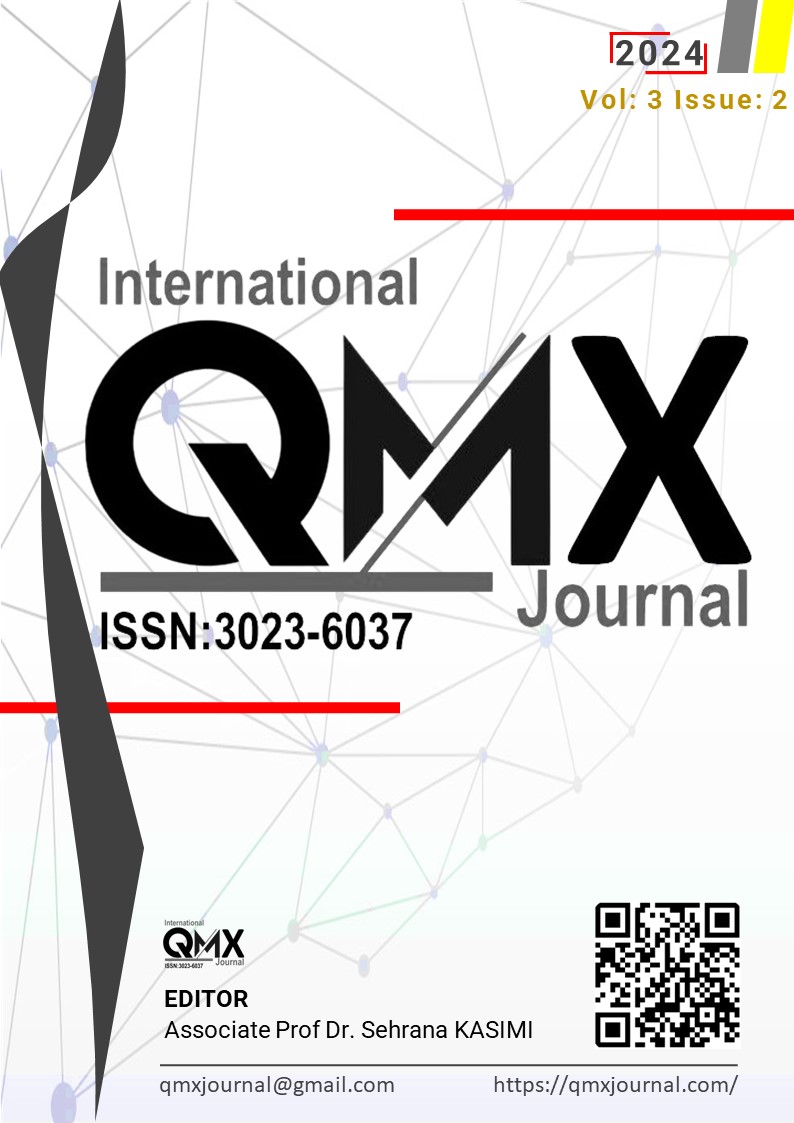Author :
Abstract
Ahilik Teşkilatı, kökenlerini Abbasiler dönemine dayanan Fütüvvet Teşkilatı'ndan etkilenmiş ve Anadolu'ya geldiğinde farklı işlevler yüklenerek devam etmiştir. Özellikle Moğol İstilasıyla Anadolu'ya göç eden kalabalık kitlelerin ekonomik, sosyal, kültürel ve siyasi gelişimine katkı sağlayarak Anadolu'nun Türkleşmesi sürecinde önemli bir rol oynamıştır. Aynı zamanda Moğol İlhanlı Devleti'nin Batı yönünde yürüttüğü istila hareketine karşı Anadolu'nun müdafaasında da büyük etkiye sahip olmuştur. Bu bağlamda, Ahilik sadece sosyal ve ekonomik fonksiyonlarının ötesinde askeri ve siyasi bir rol de üstlenmiştir. Ancak XV. yüzyıldan itibaren merkezi otoriteye büyük önem veren Osmanlı Devleti, Ahilik Teşkilatı'nı askeri ve siyasi işlevinden arındırmış ve sosyal ve ekonomik alanlarda sınırlayarak "Lonca" adı altında devam ettirmiştir.
Ahilik, halkın faydasına hizmet eden en eski ve önemli sivil toplum kuruluşlarından biridir ve ilke ve prensiplerinin Kur'an ve sünnete uygun olduğu ve İslam'daki uhuvvet (kardeşlik) bilincini canlandırdığı için kısa sürede kabul görmüş ve yayılmıştır. Ahilik'nin temel amacı, Anadolu halkının İslamlaşma sürecini hızlandırmak ve üretici ve tüketiciyi sosyo-ekonomik hayatta korumaktır.
Bu çalışma, mesleki eğitime büyük önem verilen ve genç yaşlardan itibaren mesleki, dini ve ahlaki eğitim alan bireylerin toplumda örnek olmalarının ve bu sayede devlet sisteminin yerleşmesinde ve işleyişinde nasıl etkili olduklarının ortaya konulmasını amaçlamaktadır. Özellikle Ahilik'in Anadolu'daki öncüsü olan Ahi Evren'in tüm yönleriyle tanıtılması hedeflenmektedir.
Keywords
Abstract
The Ahilik Organization was influenced by the Futuvvet Organization, which dates its origins back to the Abbasid period, and continued by assuming different functions when it came to Anatolia. In particular, it has played an important role in the Turkification process of Anatolia by contributing to the economic, social, cultural and political development of the crowded masses who migrated to Anatolia with the Mongol Invasion. At the same time, he also had a great influence on the defense of Anatolia against the invasion movement carried out by the Mongol Ilkhanate State in the Western direction. In this context, Ahism has taken on a military and political role beyond just its social and economic functions. But XV. the Ottoman Empire, which has attached great importance to the central authority since the century, has purged the Ahilik Organization from its military and political function and limited it in social and economic areas and continued it under the name of "Guild".
Ahilik is one of the oldest and most important non-governmental organizations serving the benefit of the people, and it was accepted and spread in a short time because its principles and principles are in accordance with the Qur'an and the Sunnah and revive the consciousness of uhuvvet (brotherhood) in Islam. The main purpose of Ahilik is to accelerate the Islamization process of the Anatolian people and to protect the producer and consumer in socio-economic life.
This study aims to show how individuals who attach great importance to vocational education and receive vocational, religious and moral education from a young age become an example in society and thus become effective in the establishment and functioning of the state system. In particular, it is aimed to introduce Ahi Evren, the pioneer of Ahiism in Anatolia, to all aspects.





